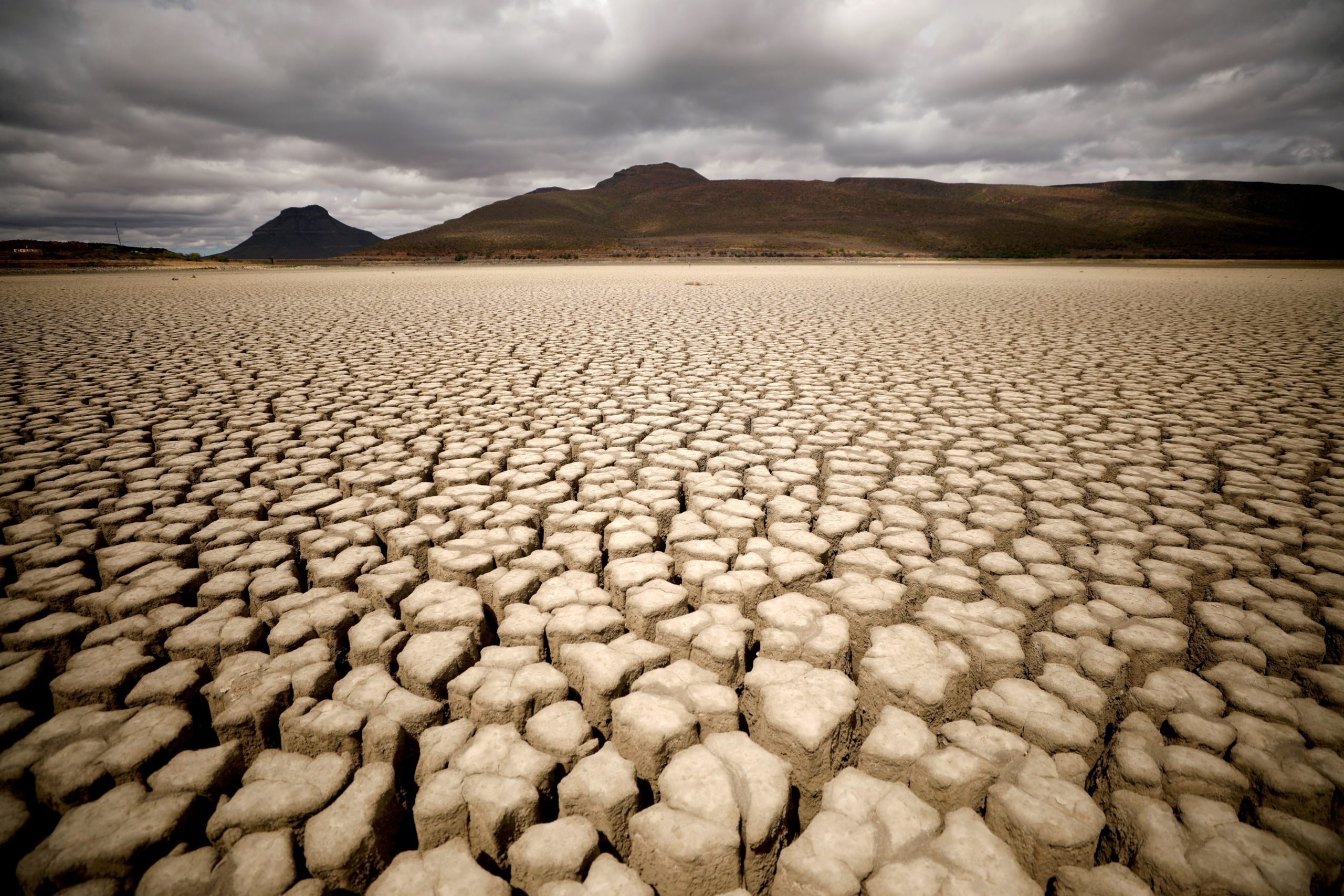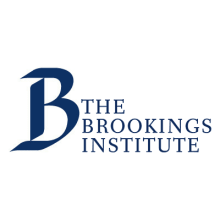
Africa proposes expanding and tracking climate finance; Egypt and Greece plan to link electrical grids; South Africa seeks low-cost financing for clean energy
Frustrated with a lack of climate-related funding from wealthy nations, Africa’s lead climate negotiator proposed this week to build a new system to track climate finance contributions by country. Indeed, funding has fallen short of the 2006 agreement to raise $100 billion per year for climate change-related financing by 2020. From the existing pool, African countries only received 26 percent of the funding in 2016-2019, compared to 43 percent on average by Asian countries. African countries are now pushing to scale up funding tenfold by 2030 for global climate change mitigation and adaptation finance, calling the $100 billion package a political commitment and “not based on the real needs of developing countries to tackle climate change.”
Following the signing of an agreement on October 14, 2021 between Egypt and Greece to construct undersea interconnectors, transmission cables used to link electrical grids between countries, the Greek Prime Minister Kyriakos Mitsotakis pledged on Tuesday to connect Egypt with the European Union’s electricity market via an undersea cable network running beneath the Mediterranean Sea. Although formal details of the project have not been released, Prime Minister Mitsotakis is confident that connecting Egypt’s energy grid to Greece, and ultimately Europe, will promote energy security during times of global turbulence in the energy market and energy diversification.
In related energy news, South Africa continues its search for low-cost financing to develop its clean energy infrastructure and decommission coal-burning power plants. The world’s 12th largest carbon emitter seeks 400 billion rand ($27.6 billion) of electricity infrastructure for its energy transition, earmarking 180 billion rand for cleaner energy technology and 120 billion rand for transmission gear. The rest of the funding will go toward transformers, substations, and electrical distribution technology. With more than 80 percent of South Africa’s electricity generated by burning coal, the state energy company, Eskom, plans to decommission between 8,000 to 12,000 megawatts of coal-derived electricity over the next decade and replace this electrical capacity with other energy sources such as wind, photovoltaic, and natural gas.
Credit Suisse to write off $200 in Mozambican debt after defrauding prosecutors
Regulators announced on Tuesday, October 19, that Credit Suisse will forgive $200 million worth of Mozambican debt as part of a settlement with UK, Swiss, and U.S. authorities due to corruption issues. The regulators alleged that Credit Suisse employees received and paid bribes while they arranged industry loans totaling $1.3 billion. According to U.S. prosecutors, three Credit Suisse bankers, two middlemen, and three Mozambican government officials diverted at least $200 million of the loans for their private use. The debt write-off is part of a settlement agreement with regulators that includes a $175 million fine to the U.S. Justice Department, a $99 million fine to the U.S. Securities and Exchange Commission (SEC), and a $200 million fine to Britain’s Financial Conduct Authority. The SEC indicated on Tuesday that the Credit Suisse staff and their intermediaries have been indicted by the U.S, Department of Justice.
On Thursday, October 21, the Budget Monitoring Forum (FMO), an independent public finance organization based in Mozambique, called Credit Suisse’s offer insufficient and instead demanded the “full cancellation of illegal debts.” As of Friday, October 21, Mozambican officials have yet to comment publicly on the debt forgiveness.
US announces COVID-19 vaccine donations for Africa as South Africa rejects Sputnik V
On October 14, U.S. President Biden met with President Kenyatta of Kenya where Biden promised an additional donation of 17 million doses of the Johnson and Johnson (J&J) vaccine to the African Union . Indeed, this announcement is timely as the World Health Organization (WHO) announced in September that in order to fully vaccinate 70 percent of the continent by September 2022, COVID-19 vaccine shipments must increase from 20 million per month to 150 million.
In other related news, South Africa’s drug regulator has rejected the Russian Sputnik V vaccine due to safety concerns. According to the Associated Press, regulators asked the makers of Sputnik V for data proving the vaccine’s safety but their request was not suitably addressed. Sputnik V is currently being reviewed for authorization by WHO and the European Medicines Agency. Both AstraZeneca and J&J have been approved in South Africa.


